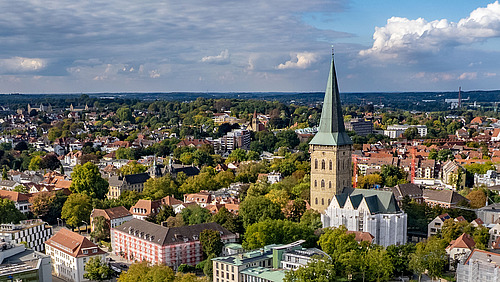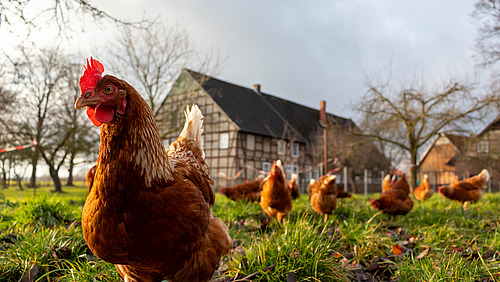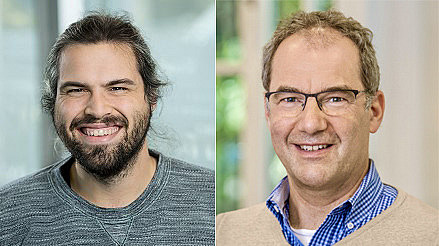The evening will conclude at 7.30 p.m. in the Tropenhaus; the interested public is cordially invited and admission is free.
Costa Rica means "rich coast" in German, and the small Central American country, which is barely larger than Switzerland, is rich above all in nature and biodiversity. With a land area of around 0.2 percent of the Earth's total surface area, the country is home to six percent of all species on the planet, complemented by the aquatic diversity along its almost 2,000 kilometers of coastline.
Dr. Ina Knobloch explains the importance of biodiversity for the climate and the survival of mankind, the uniqueness of plants as food and medicine and the significance of animals such as the quetzal, jaguar, toucan and sloth for ecosystems and culture in an entertaining, easy-to-understand but scientifically sound manner. It also pays tribute to the heroes and heroines who have made Costa Rica a natural paradise and a global pioneer in nature conservation and sustainability.
A visually stunning adventure in which the author reports on the biodiversity in the treetops of the tropical forests, mangrove swamps and cloud forests, as well as missions for sea turtles and brilliant expeditions in the jungle. Her lecture is a journey of discovery through Costa Rica's natural wonders and a journey through time from the 1980s to the present day, with missions in the jungle, on fire mountains, on rivers and in national parks. The biologist, author and award-winning filmmaker explored the rainforest canopy, planted trees and protected forests and sea turtles. Photos and film clips from then to now provide a unique insight into the consistent ecological development of the country over the past decades.
Further information for the media:
Felix Przesdzink, M.Sc., University of Osnabrück
School of Biology/Chemistry
felix.przesdzink@uni-osnabrueck.de





